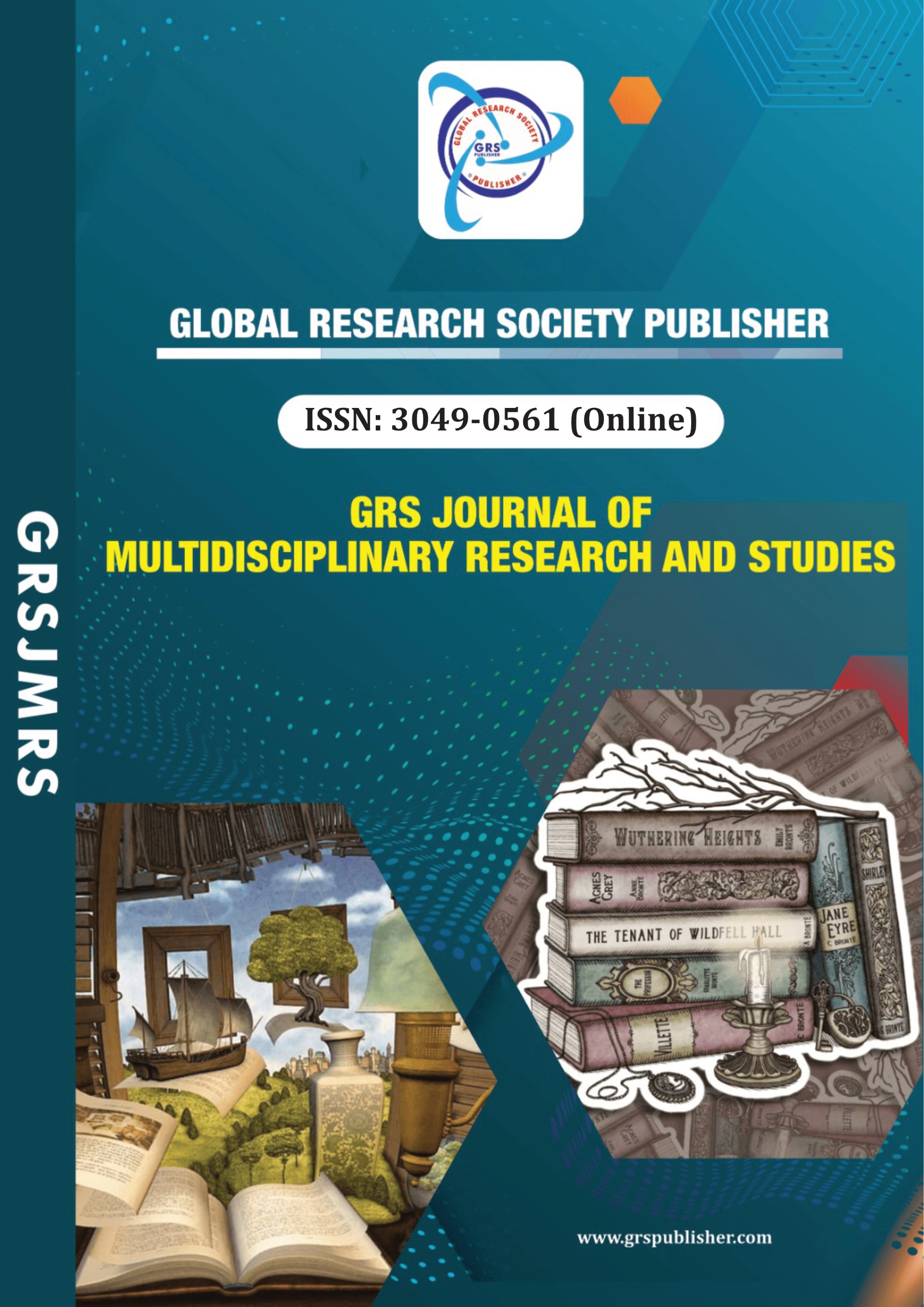Studying the Position of International Trade in Exports
Sr No:
3
Page No:
13-17
Language:
English
Licence:
CC BY-NC 4.0
Authors:
Dr. Mehmet Uçkaç, PhD* & Prof, Dr. Mohammad Ekram YAWAR
Published Date:
2025-01-06
Abstract:
The present study aims to examine the foundations and principles of international trade and exports. Employing a descriptive-analytical methodology and relying on library resources, the research highlights the critical role of exports in promoting economic growth by enhancing skilled labor and technology within domestic markets. Exports serve as a tool for achieving economies of scale, thereby improving efficiency and productivity over the long term. Given that a company’s success in international markets can often be evaluated through its export performance, identifying the factors that influence exports is more crucial than ever.
Exports and international trade have consistently held a strategic position for countries. Nevertheless, achieving high performance in exports remains a challenge due to factors such as transportation infrastructure, cultural differences between independent business partners, and diverse competitive conditions. Effective exporting contributes to product and market development, ultimately improving firm profitability. Furthermore, it enables firms to benefit from the experience curve and strengthen their economic position in the home country.
Ownership advantages encompass a firm’s tangible and intangible assets, international experience, and its capacity to develop low-cost or differentiated products. Locational advantages relate to market-specific factors, including costs, market potential, and investment risk. Finally, the advantages of internationalization include retaining core competencies within the firm and integrating them into the value chain, rather than outsourcing, licensing, or selling them
Keywords:
International trade, exports, domestic market, economic growth
Journal: GRS Journal of Multidisciplinary Research and Studies
ISSN(Online): 3049-0561
Publisher: GRS Publisher
Frequency:
Monthly
Language:
English

